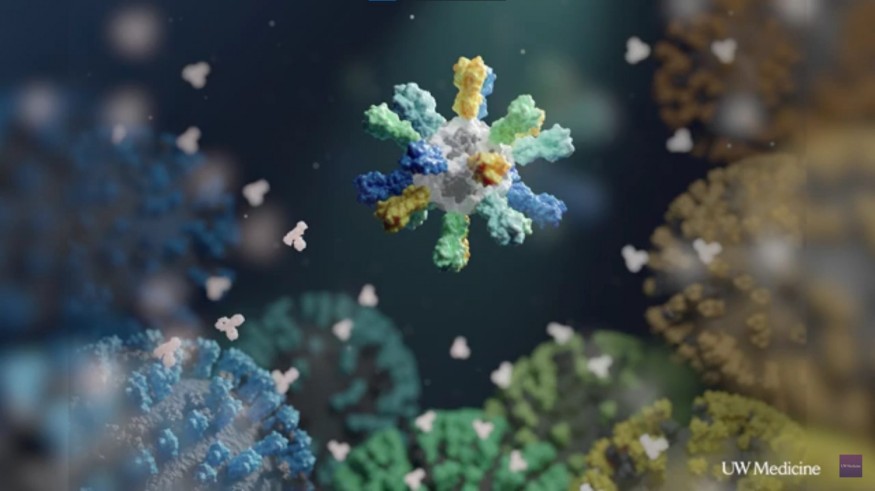Scientists at the University of Washington School of Medicine and the Vaccine and the research center of the National Institute of Allergy and Infectious Diseases at the National Institutes of Health have developed a new nanoparticle flu vaccine that can block a wide variety of seasonal and pandemic influenza strains, SciTech Daily reported.
The experimental flu shot spurred broad immunity in animal trials, which indicates that this next-generation flu vaccine could someday replace current seasonal flu shots by protecting against many flu strains that available vaccines cannot cover.
The full findings are detailed in the study "Quadrivalent influenza nanoparticle vaccines induce broad protection," published on March 24, 2021 edition of the journal Nature.

Mismatched Flu Shots
On average, the influenza virus may cause an estimated 290,000 to 650,000 every year. Some flu vaccines are even taken seasonally, often during fall, to protect people from the circulating flu strains that cause illnesses and the looming influenza pandemic.
However, most of the available flu shots are quadrivalent, wherein they are made from four different flu strains that would most likely become prevalent.
The World Health Organization said that predictions on which among the four strains will become prevalent could be more or less accurate, which is why people often end up with mismatched flu shots.
Despite that, Healthline reported that people should take flu vaccines to lower the chances of getting sick. The Centers for Disease Control and Prevention (CDC) recommends taking flu shots by late October, a few weeks before the flu season kicks in. In that way, the body can create enough antibodies to protect itself from the influenza virus.
But the mismatched flu shots also inspired researchers from the UW Medicine and the NIH to create a new nanoparticle flu vaccine that could block a wide variety of seasonal and pandemic flu strains.
Creating the Nanoparticle Flu Shots
Researchers attached hemagglutinin proteins from the four flu strains to make protein nanoparticles as an ingredient to the enhanced influenza vaccine.
The press release from UW Medicine reported that this would allow the "unprecedented level of control over the molecular configuration of the resulting vaccine and yielded an improved immune response compared to conventional flu shots."
The team found that new nanoparticle vaccines have elicited neutralizing antibody responses to the strains of four hemagglutinin proteins equivalent to or better than the commercial vaccines available.
Moreover, the nanoparticle vaccines also induced antibody responses to viruses other than the four flu strains in the vaccine formulation, such as H5N1 and H7N9, which are considered pandemic threats.
Lead author Daniel Ellis, a research scientist at Dr. Neil King's laboratory, said that the responses elicited by the new vaccine against strain-mismatched viruses are strong enough to provide additional coverage against mismatched strains to lower the risk of getting ill.
Read also: Nanotechnology to Fight Against Coronavirus: A Review of Techs and Studies Against COVID-19
Check out more news and information on Nanotechnology and Vaccines on Science Times.
© 2026 ScienceTimes.com All rights reserved. Do not reproduce without permission. The window to the world of Science Times.









